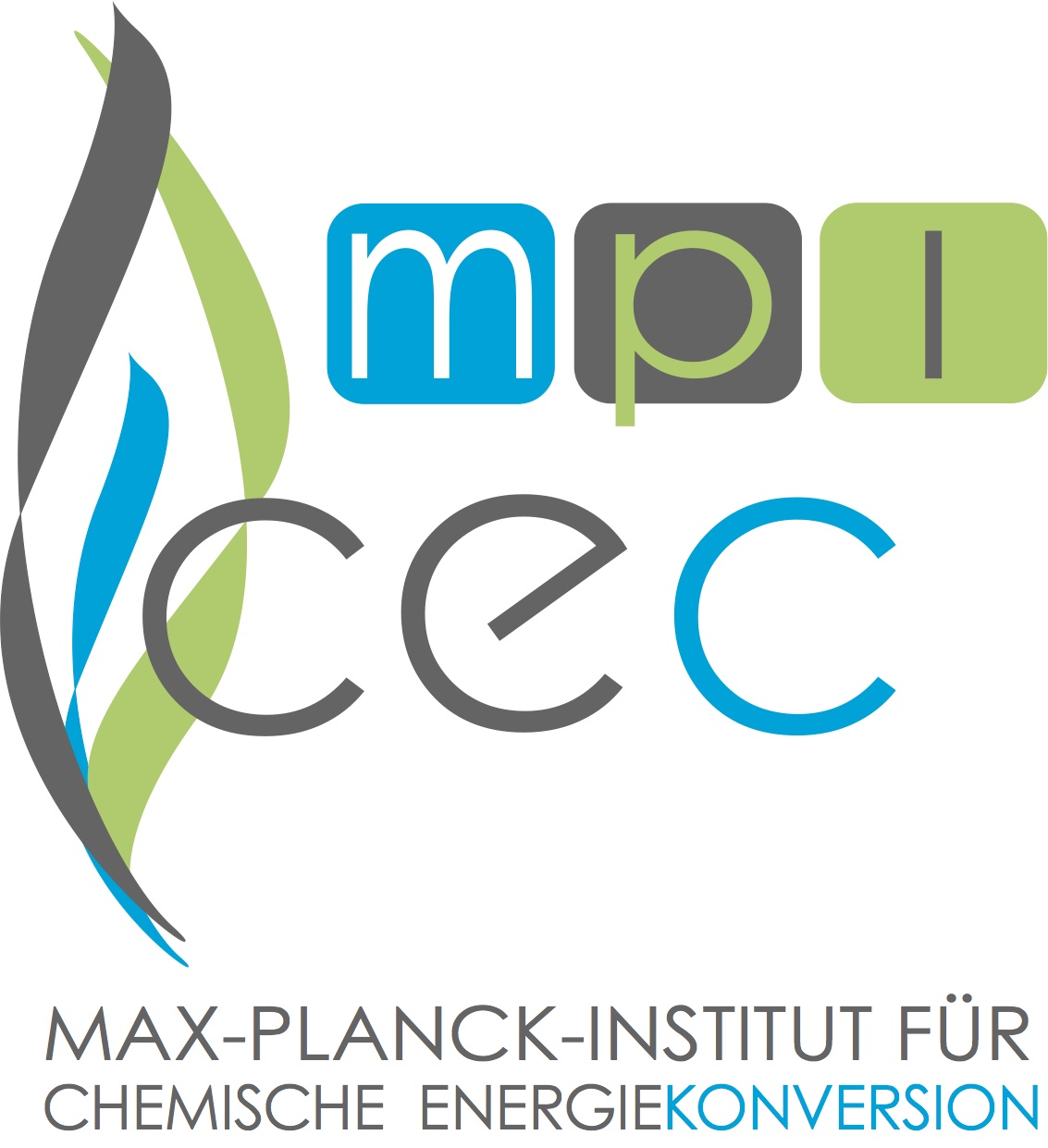 The Max Planck Society for the Advancement of Science (German: Max-Planck-Gesellschaft zur Förderung der Wissenschaften e. V.; abbreviated MPG) is a formally independent non-governmental and non-profit association of German research institutes publicly funded by the federal and the 16 state governments of Germany. It is named in honor of its former president, theoretical physicist Max Planck.
The Max Planck Society for the Advancement of Science (German: Max-Planck-Gesellschaft zur Förderung der Wissenschaften e. V.; abbreviated MPG) is a formally independent non-governmental and non-profit association of German research institutes publicly funded by the federal and the 16 state governments of Germany. It is named in honor of its former president, theoretical physicist Max Planck.The 82 research institutes of the Max Planck Society (as 2013) conduct basic research in the interest of the general public in the natural sciences, life sciences, social sciences, and the arts and humanities. They have a total staff of approximately 17,000 permanent employees, including 5,470 scientists, plus around 4,500 non-tenured scientists and guests.
The Max Planck Institutes focus on excellence in research. The Max Planck Society has a world-leading reputation as a science & technology research organization, with 32 Nobel Prizes awarded to their scientists, and are generally regarded as the foremost basic research organization in Europe and the world. In 2006, the Times Higher Education Supplement rankings of non-university research institutions (based on international peer review by academics) placed the Max Planck Society as No.1 in the world for science research, and No.3 in technology research (behind AT&T Corporation and the Argonne National Laboratory in the United States).
The Max Planck Institute for Chemical Energy Research (MPI CEC) has grown out of the previous Max-Planck institute for Bioinorganic chemistry. Its mission can be broadly described as fundamental research in homogeneous and heterogeneous catalysis relevant to the activation of small molecules. The institute has a longstanding history in the application of physical (foremost spectroscopic) and theoretical methods in order to elucidate the geometric and electronic structures of open-shell transition metal complexes. In addition, expertise in chemical synthesis, electrochemistry and transient kinetics is available. The MPI CEC is involved in this proposal through the department of molecular theory and spectroscopy headed by Prof. Frank Neese. In 2011 the group moved to its current position from the chair of theoretical chemistry at the university in Bonn. The group has made significant contributions in the fields of quantum chemical method development, theoretical spectroscopy, experimental spectroscopy. The research work focuses on high valent iron chemistry and enzyme catalysis among others. The large-scale electronic structure program ORCA, used by more than 10000 researchers worldwide has been developed by the group and is quickly gaining popularity in many research fields. The newly founded department at the MPI CEC is building on this history and has added complementary experimental expertise through the groups of Prof. Serena DeBeer (X-ray absorption and emission, EXAFS), Maurice van Gastel (pulsed EPR) and Eckhard Bill (Mössbauer and MCD spectroscopy and magnetic susceptibility). As the group is moving more strongly towards mechanistic studies in catalysis, transient kinetic methods (stopped flow and freeze quench) have also been established at the institute.
In the framework of the NoNoMecat consortium, the project will focus on understanding the reaction mechanisms of CO2 activation catalysts. In particular, a combination of theory and spectroscopy will be used in order to obtain a detailed picture of the catalysts electronic structure and its contribution to reactivity.